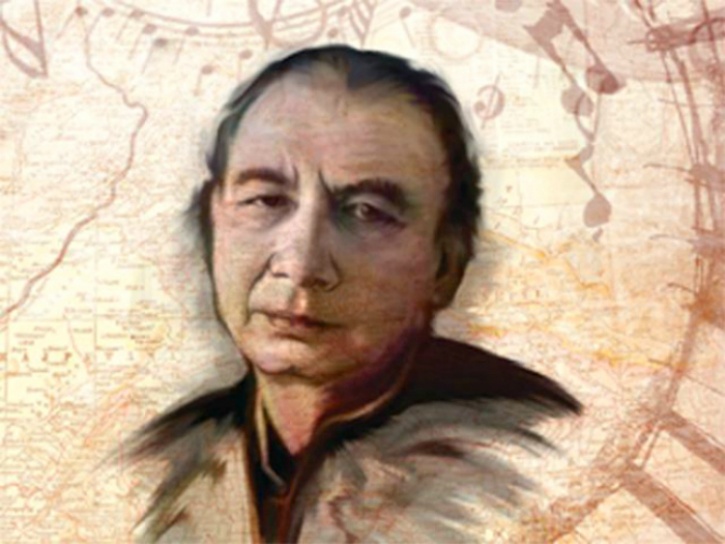
Sahir Ludhianvi
Biography
Sahir Ludhianvi is the pen name of Abdul Hayee (8 March 1921 – 25 October 1980) who is popularly known as Sahir, was an Indian poet and film lyricist who wrote in the Hindi and Urdu languages. His work influenced Indian cinema, in particular Bollywood film. Sahir won a Filmfare Award for Best Lyricist for Taj Mahal (1963). He won a second Filmfare Award for Best Lyricist for his work on Kabhie Kabhie (1976) and he was awarded the Padma Shri in 1971. On 8 March 2013, the ninety-second anniversary of Sahir's birth, a commemorative stamp was issued in his honour.
Childhood & Early Life
Sahir Ludhianvi was born on March 8th, 1921 in Karimpura locality in Ludhiana, Punjab. His real name was Abdul Hayee (alternate spellings Haie or Hayi). He was born in a wealthy family of zamindars. His grandfather's name was Fateh Mohammad and his father's name was Fazal Mohammad. In 1934, when Sahir was 13 years old, his father re-married. His mother, Sardar Begum, who was Kashmiri, took a bold step and decided to divorce her husband, forfeiting all claims. Sahir's father sued for custody but lost. He threatened Sahir's life and Sahir's mother had to keep him under constant watch. So Sahir's formative years were spent in fear and financial straits.
Sahir did his schooling from Khalsa High School in Ludhiana. He was considered a good, hard-working student. He learnt Urdu and Farsi from Maulana Faryaz Haryanvi. After matriculation, he joined S. C. Dhawan Government College for Boys in Ludhiana from where he was expelled. Unconfirmed rumors indicate this was for sitting on the Principal's lawn with a female class-mate. After being expelled, in 1943, Sahir moved to Lahore where he joined Dayal Singh College. Here, he got his first taste of success. He was elected president of the Student Federation and it was here that he published his first book of poems, Talkhiyaan [pronounced tal-Khi-yaaN] (Bitterness) in 1945 while still a student.
Career
In 1948, Sahir started work as editor for Shaahkaar and Savera. He also published Shaahraah from Delhi and did some editorial work for "preet kii laDi"/"Prithlari", all of which were successful. He also became a member of the Progressive Writers' Association. Soon, however, his inflammatory writings in Savera resulted in the Government of Pakistan issuing a warrant for his arrest. So, Sahir fled to Delhi but after a couple of months, moved to Bombay (present day Mumbai).
Sahir made his debut as a lyricist with the film "Azadi Ki Raah Par" in 1948. The film had four songs written by him. His first song was "badal rahii hai zindagii". However, it was the year 1951 that would bring him fame and recognition. Two films, released in 1951, had songs that sky-rocketed in popularity and are hummed even today. First was "ThanDii hawaayeN lehraa ke aayeN" from Naujawan. The second was a landmark film, marking the directorial debut of Guru Dutt - Baazi. Both films, coincidentally, had music by S. D. Burman.
Sahir had a long and successful career as a lyricist and worked with most music directors in the 50s and 60s including Roshan, Madan Mohan, Khaiyyam, Ravi, S. D. Burman and N. Dutta. He was an integral part of Guru Dutt's team and along with S. D. Burman, gave numerous hits. His work with Roshan resulted in fabulous music for several period films, including Taj Mahal for which he won his first Filmfare award for Best Lyricist. In the 70s, most of his work was for Yash Chopra films but the paucity of films certainly did not diminish the quality of his writings and he won his second Filmfare award for Best Lyricist for Kabhie Kabhie in 1976. He was also awarded the Padmashri by the government of India in 1971.
On October 25th, 1980, Sahir Ludhianvi succumbed to a massive heart-attack. He was buried in the Juhu cemetery but in 2010, his tomb was demolished to make space for new burials. He died a bachelor.
